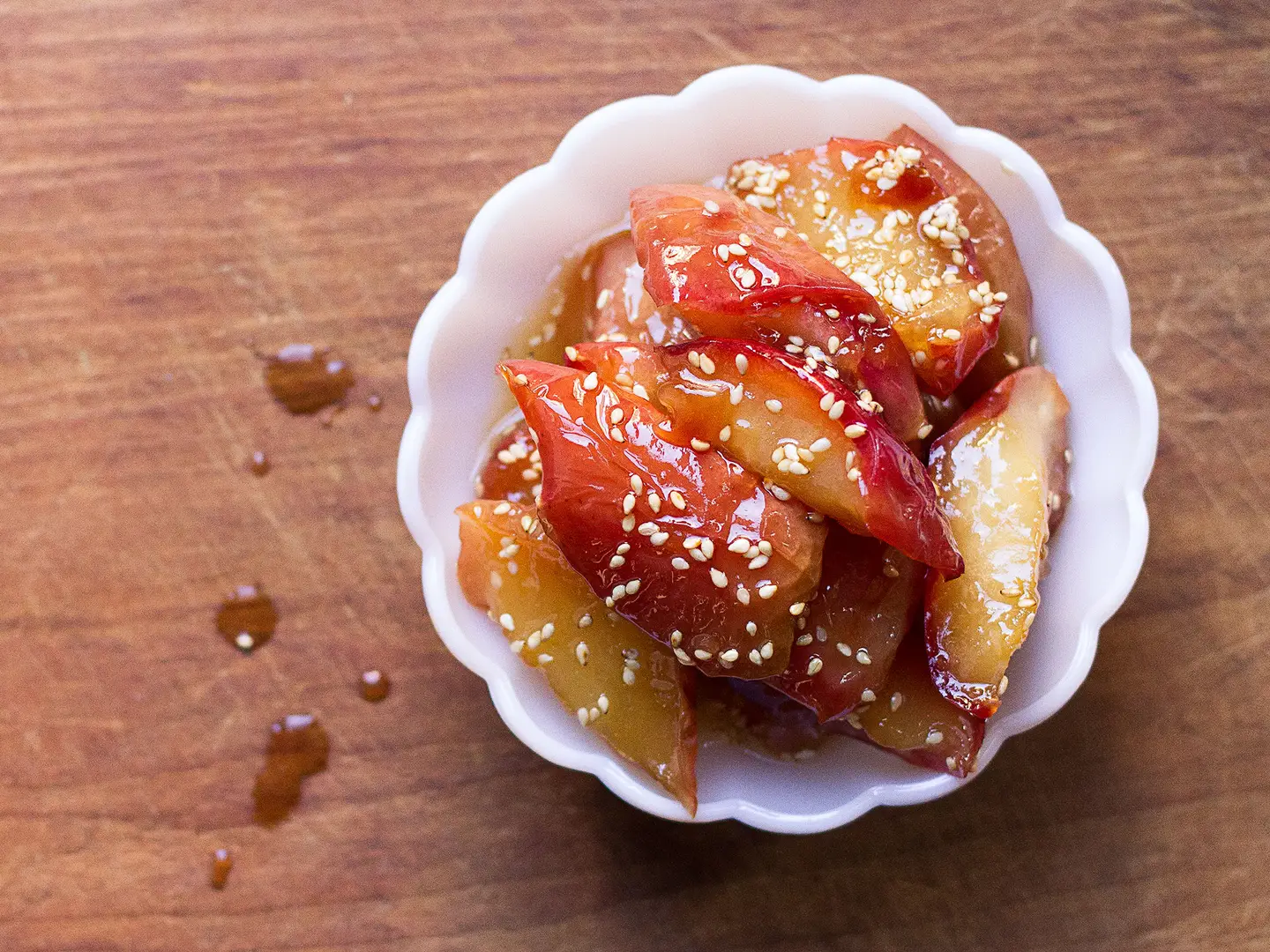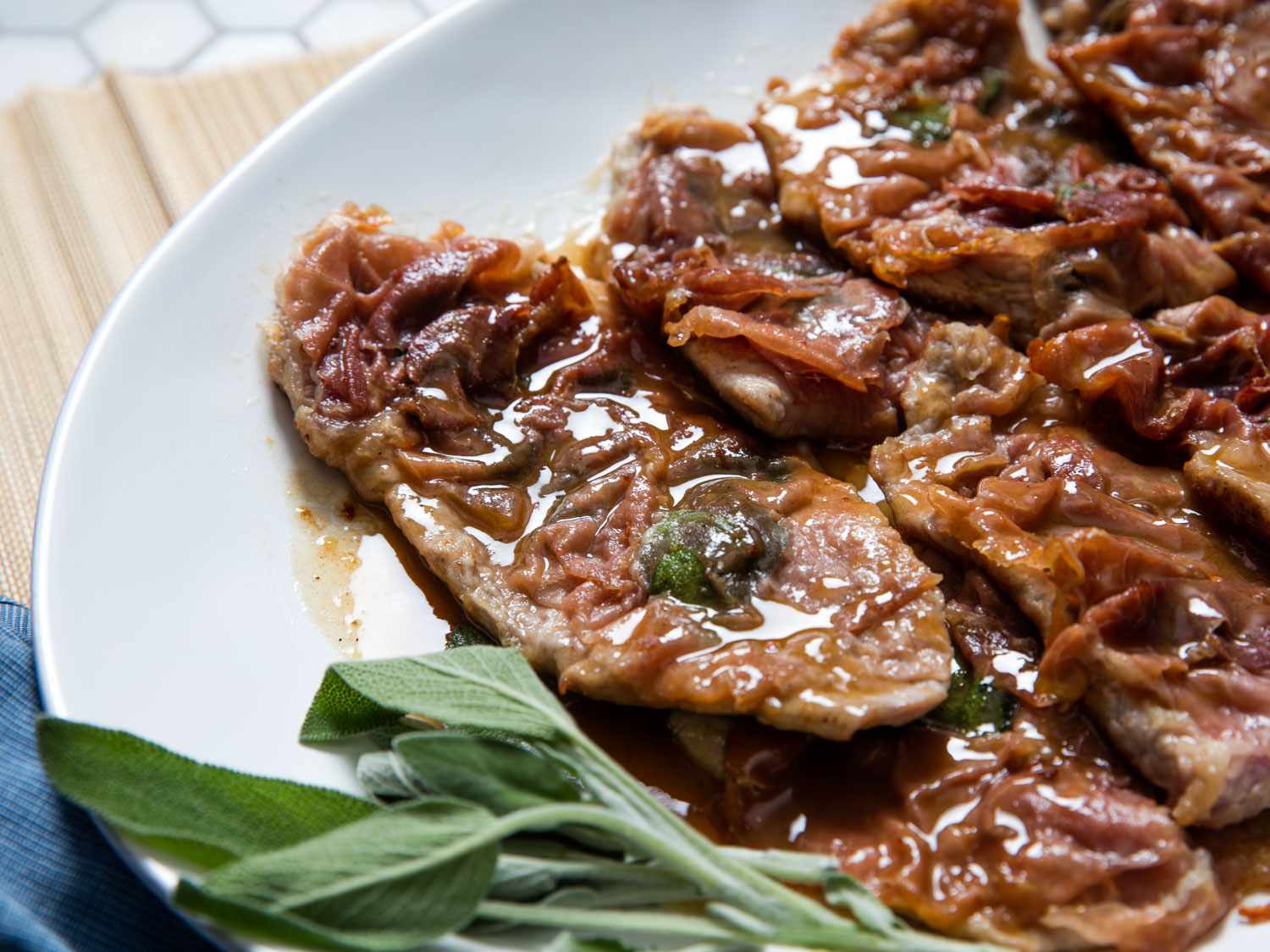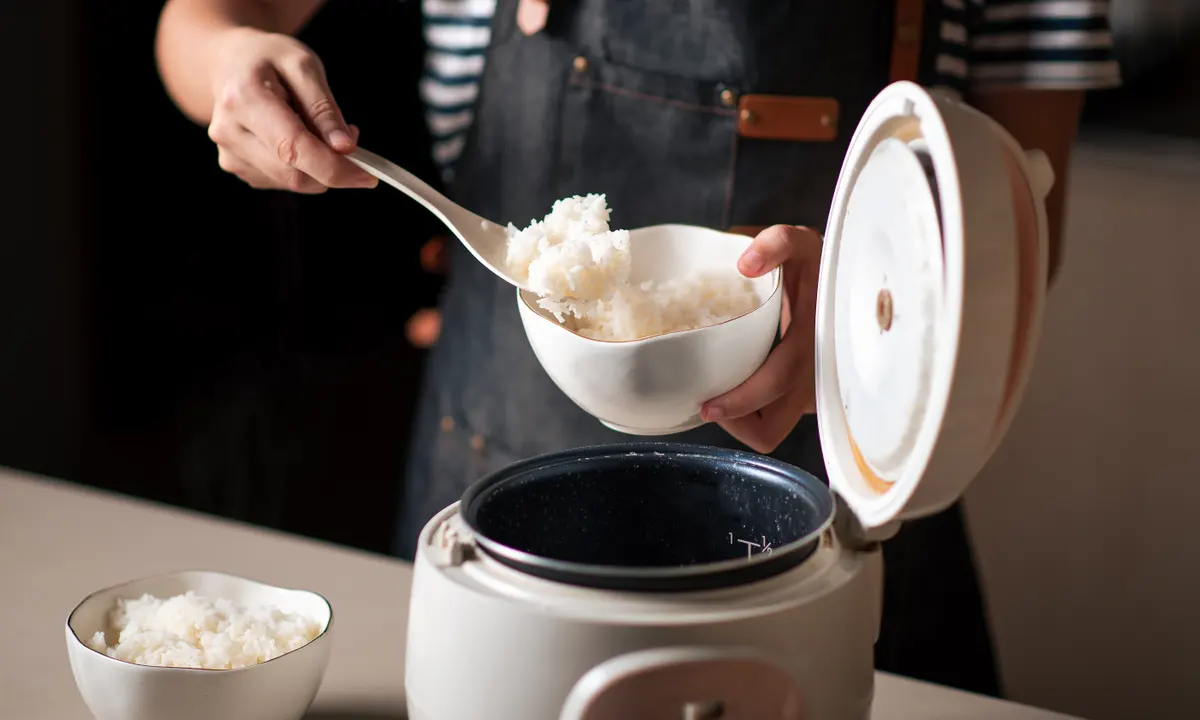Marinating Pork: A Flavorful Journey
Marinating pork is a fantastic way to infuse flavor and tenderness into this versatile protein. Whether you’re grilling, roasting, or stir-frying, a well-executed marinade can take your pork dishes to the next level. Here’s a guide to help you master the art of marinating pork.
Choosing the Right Cut
When it comes to marinating pork, the cut of meat you select can make a big difference. Choose cuts like pork chops, pork tenderloin, or pork shoulder for marinating, as they are well-suited to absorbing the flavors of the marinade.
Creating the Perfect Marinade
A great marinade typically consists of four key components: acidity, oil, seasonings, and aromatics. Here’s a basic recipe to get you started:
- Acidity: This can come from citrus juice, vinegar, or yogurt. It helps tenderize the meat and add brightness to the flavor.
- Oil: Olive oil, vegetable oil, or sesame oil can help carry the flavors of the marinade into the pork and add moisture.
- Seasonings: Salt, pepper, and other spices like paprika, cumin, or chili powder can add depth to the marinade.
- Aromatics: Garlic, onion, ginger, and fresh herbs like rosemary, thyme, or cilantro can provide a fragrant and flavorful punch.
Combine these elements in a bowl or resealable plastic bag, and mix well before adding the pork. Allow the pork to marinate in the refrigerator for at least 30 minutes, but preferably for several hours or overnight for maximum flavor infusion.
Marinating Techniques
There are a few different methods for marinating pork:
- Traditional: Place the pork and marinade in a resealable plastic bag, squeeze out the excess air, and seal the bag. Massage the marinade into the pork to ensure even coverage.
- Injection: Using a marinade injector, you can directly inject the marinade into the pork, which can be especially effective for larger cuts like pork shoulder.
- Brining: Brining involves soaking the pork in a saltwater solution, which can help enhance the pork’s natural flavor and juiciness.
Best Practices for Marinating Pork
Here are some tips to keep in mind when marinating pork:
- Refrigerate: Always marinate pork in the refrigerator to prevent the growth of harmful bacteria.
- Use a Sealable Container: If using a bowl for marinating, make sure it has a tight-fitting lid to prevent leaks and spills.
- Avoid Over-Marinating: While longer marinating times can enhance flavor, be cautious of over-marinating, as the acidity can start to “cook” the meat, resulting in a mushy texture.
- Pat Dry Before Cooking: Before cooking the marinated pork, pat it dry with paper towels to ensure a good sear and prevent steaming.
Cooking the Marinated Pork
After marinating the pork, it’s time to cook it to perfection. Depending on the cut and your preferred cooking method, you can grill, roast, sauté, or broil the pork. Just be sure to follow the recommended cooking temperatures to ensure that the pork is safe to eat.
With these tips in mind, you’re ready to embark on a flavorful journey of marinating and cooking pork. Experiment with different flavors and ingredients to create your own signature marinades, and enjoy the delicious results at your next meal!
More Delicious Pork Recipes to Try
Now that you've mastered the art of marinating pork, why not put your new skills to the test with an array of international recipes that showcase your culinary versatility? From the vibrant flavors of the Caribbean Jerk Pork to the subtle zest of the Citrus Pork Tenderloin, there's a dish to challenge and excite every palate. I particularly recommend the Korean BBQ Pork for those who love a fiery kick or the Maple Mustard Pork Chops for a sweet and savory experience. Each recipe offers a unique way to apply the marinating techniques you've learned, ensuring delicious results that will impress at any dining table.











